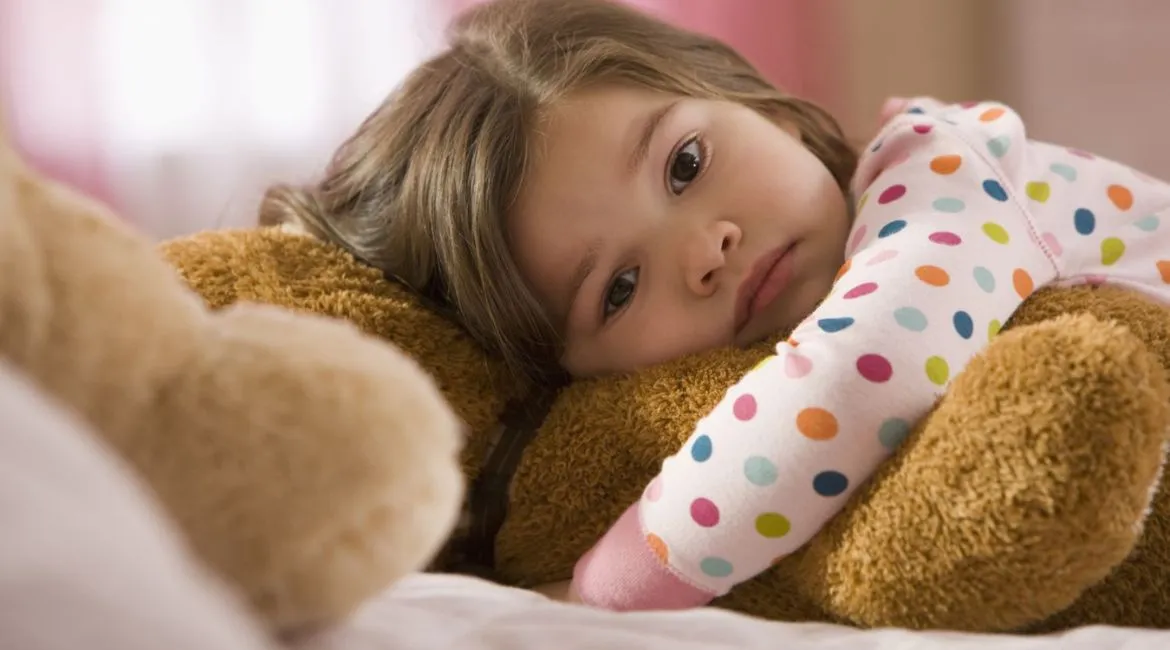
Understanding Pediatric Insomnia: Causes and Solutions
Ensuring a good night’s sleep is important for a child’s overall well-being and development. However, when a child experiences persistent difficulties falling or staying asleep, it may be a sign of pediatric insomnia. In this blog, we explore the aspects of pediatric insomnia, shedding light on its causes, symptoms, and effective solutions to help parents navigate and address this common sleep disorder in children.
What is Pediatric Insomnia?
Pediatric insomnia refers to the difficulty children face in initiating or maintaining sleep, leading to inadequate and disrupted sleep patterns. This condition can affect children of all ages, from infants to adolescents, and may have varying causes and symptoms.
Causes of Pediatric Insomnia:
- Environmental Factors: Environmental factors, such as noise, light, or an uncomfortable sleep environment, can contribute to pediatric insomnia. Creating a calming and comfortable sleep environment is essential.
- Sleep Schedule Disruptions: Irregular sleep schedules, including inconsistent bedtime routines, can disrupt a child’s natural sleep-wake cycle, leading to difficulties in falling asleep and staying asleep.
- Stress and Anxiety: Children, like adults, can experience stress and anxiety, impacting their ability to relax and sleep. Academic pressures, social challenges, or family issues can contribute to insomnia.
- Medical Conditions: Underlying medical conditions, such as breathing disorders, restless leg syndrome, or allergies, can contribute to sleep disturbances in children, leading to insomnia.
- Screen Time: Excessive use of electronic devices before bedtime can interfere with melatonin production, making it harder for children to naturally wind down and fall asleep.
Symptoms of Pediatric Insomnia:
Identifying the symptoms of pediatric insomnia is crucial for early intervention. Common signs include:
- Difficulty Falling Asleep: Prolonged periods of restlessness before falling asleep.
- Frequent Night Wakings: Regular awakenings during the night, disrupt continuous sleep.
- Daytime Sleepiness: Excessive sleepiness during the day, affects a child’s alertness and performance.
- Behavioral Changes: Irritability, mood swings, and difficulty concentrating due to lack of quality sleep.
Effective Solutions for Pediatric Insomnia:
- Developing a Consistent Routine: Developing a regular sleep routine that includes a consistent bedtime and calming pre-sleep activities helps regulate a child’s sleep-wake cycle.
- Creating a Relaxing Sleep Environment: Ensuring the sleep environment is quiet, dark, and comfortable can significantly contribute to improved sleep quality for children.
- Limiting Screen Time: Implementing screen time restrictions before bedtime and encouraging activities that promote relaxation, such as reading, can positively impact sleep.
- Addressing Underlying Medical Conditions: If symptoms persist, consulting with a healthcare professional to rule out and address any underlying medical conditions is essential.
- Promoting Healthy Sleep Hygiene: Teaching children the importance of good sleep hygiene, such as avoiding caffeine and maintaining a consistent sleep schedule, fosters healthy sleep habits.
Seeking Professional Guidance:
Severe pediatric insomnia may require consultation with a pediatrician or a sleep specialist. Professional guidance can help identify specific factors contributing to insomnia and tailor interventions accordingly.
Understanding pediatric insomnia is crucial for parents seeking to nurture their children’s well-being. By recognizing the causes, and symptoms, and implementing effective solutions, parents can play an important role in promoting healthy sleep for their children. If concerns persist, seeking professional guidance ensures a comprehensive approach to addressing pediatric insomnia. A good night’s sleep is fundamental to a child’s physical and mental development, and as parents, it is our responsibility to create an environment where children may sleep soundly and rejuvenated.
In summary, pediatric insomnia is a manageable condition with informed parenting, a healthy sleep environment, and, when necessary, professional assistance. A well-rested child is a happy and thriving child, ready to face the day with energy and enthusiasm.


